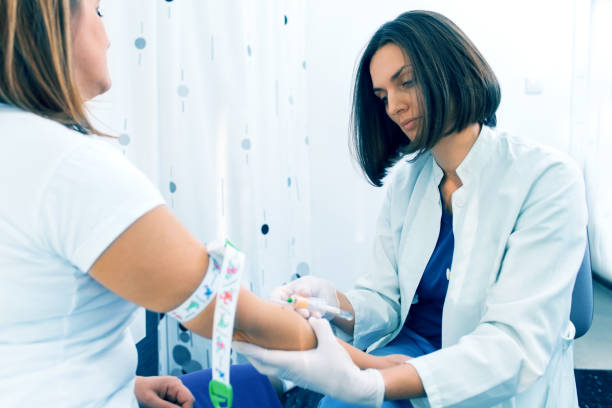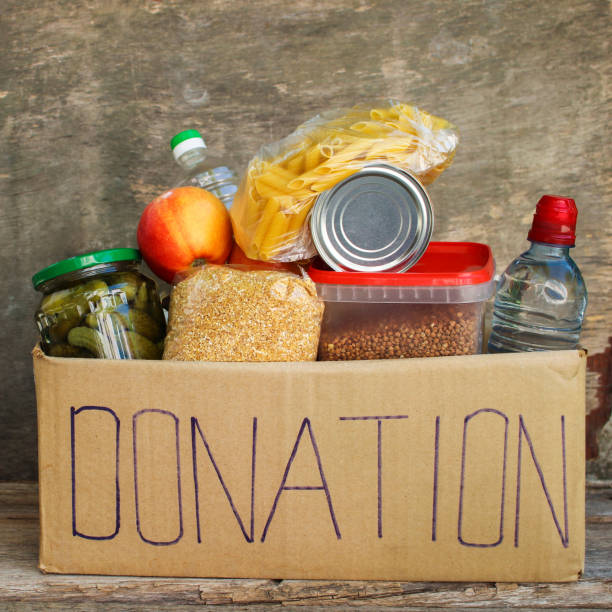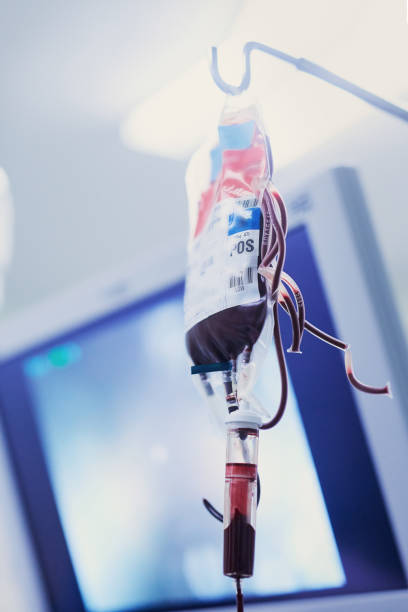The Importance of Donating Blood
Blood donation is a crucial act that saves countless lives every day. Donating blood helps ensure that hospitals and medical facilities have an adequate supply of blood for patients who need it due to surgeries, accidents, or medical conditions such as anemia or cancer. The importance of donating blood cannot be overstated, as it directly contributes to the health and well-being of individuals in your community and beyond.
Who Can Donate Blood?
Blood donation is a safe and straightforward process, but there are certain criteria that potential donors must meet. Generally, donors must be in good health, at least 17 years old, and weigh at least 110 pounds. Specific eligibility requirements can vary depending on the country and organization, so it's always best to check with the local blood donation center for detailed guidelines.
The Blood Donation Process
The blood donation process is simple and typically takes about an hour from start to finish. It begins with registration, where you'll provide some basic information and show identification. Next, you'll undergo a brief medical screening to ensure you're eligible to donate. This screening includes checking your temperature, pulse, blood pressure, and hemoglobin levels.
Once cleared to donate, you'll be seated comfortably, and a sterile needle will be used to draw blood from your arm. The actual donation process takes about 10 minutes, during which approximately one pint of blood is collected. After donating, you'll spend a few minutes resting and enjoying light refreshments to help your body begin replenishing the donated blood.
Where to Donate Blood Near You
Finding a blood donation center near you is easier than ever. Many organizations, such as the Red Cross and local hospitals, have websites with information on donation locations and schedules. Mobile blood drives are also common, bringing donation opportunities to schools, workplaces, and community events. These mobile units make it convenient for people to donate without having to travel far from their daily routines.
Benefits of Donating Blood
Donating blood offers numerous benefits, both for the recipient and the donor. For recipients, donated blood can mean the difference between life and death. It can provide the necessary components to treat various conditions, including trauma from accidents, surgical procedures, and chronic illnesses like leukemia.
For donors, the benefits are also significant. Donating blood can help reduce harmful iron stores in the body, lowering the risk of heart disease. It also stimulates the production of new blood cells, which can enhance overall health and vitality. Moreover, many donors find the act of giving blood to be a rewarding experience, knowing they are making a positive impact on others' lives.
Blood Types and Compatibility
Understanding blood types and compatibility is crucial for the effectiveness of blood transfusions. There are four main blood types: A, B, AB, and O, each of which can be positive or negative. The universal donor type is O negative, meaning it can be given to patients of any blood type. Conversely, AB positive is the universal recipient type, able to receive blood from any donor.
Compatibility is essential because receiving incompatible blood can cause severe and potentially life-threatening reactions. Blood donation centers carefully match donors and recipients to ensure safe transfusions. By knowing your blood type and donating regularly, you can help maintain a balanced blood supply for all types.
The Role of Blood Donation Organizations
Blood donation organizations play a critical role in the collection, testing, and distribution of blood. These organizations, such as the American Red Cross, work tirelessly to maintain a stable blood supply and ensure its safety. They also organize blood drives, educate the public about the importance of donation, and support research to improve blood donation practices.
These organizations rely heavily on volunteers and donors to fulfill their mission. By participating in blood drives and spreading awareness about the need for blood donations, you can contribute to their efforts and help save lives.
Overcoming Common Misconceptions
Despite the clear benefits, there are still many misconceptions about blood donation that deter potential donors. Some people fear the process will be painful or that they will feel weak afterward. In reality, the discomfort is minimal, typically no more than a brief pinch when the needle is inserted. Most donors feel fine after resting and hydrating for a few minutes post-donation.
Another common myth is that donating blood is time-consuming. While the entire process takes about an hour, the actual blood draw is only around 10 minutes. This small time investment can have a significant impact, potentially saving multiple lives with each donation.
The Impact of Your Donation
Each blood donation can save up to three lives. This is because blood is separated into its components—red cells, plasma, and platelets—each of which can be used to treat different patients. Red cells are often used for trauma and surgical patients, plasma for those with clotting disorders, and platelets for cancer patients undergoing chemotherapy.
By donating blood, you're directly contributing to the well-being of patients in your community and beyond. Blood donations are essential for emergency preparedness, ensuring that medical facilities are equipped to handle crises, whether natural disasters, accidents, or mass casualties.
Encouraging Others to Donate
One of the most powerful ways to increase blood donations is through word of mouth. Sharing your donation experience with friends, family, and colleagues can inspire others to donate. Social media platforms provide a broad audience to spread awareness about the importance of blood donation and upcoming blood drives.
Organizing group donations can also be effective. Whether through a workplace, school, or community organization, coordinating a blood drive can make the process more engaging and encourage more people to participate. Many blood donation centers offer group appointments and support for organizing such events.
Blood Donation During Emergencies
Emergencies and disasters can rapidly deplete blood supplies, making donations even more critical. During these times, the need for blood can surge, and maintaining a robust donor base ensures that blood is available when it's most needed. Blood donation organizations often issue urgent appeals for donations during crises, and timely contributions can make a significant difference.
Being a regular donor means you're prepared to help during emergencies. Regular donations help maintain a steady blood supply and ensure that blood is available for those in immediate need. It's a proactive way to contribute to the resilience of your community.
The Future of Blood Donation
Advancements in medical science and technology continue to improve the safety and efficiency of blood donation. Research is ongoing to develop synthetic blood and other alternatives, which could one day supplement natural blood supplies. However, until these innovations become widely available, human blood donations remain irreplaceable.
The future of blood donation also includes expanding the donor base through education and outreach. Efforts to increase awareness among younger generations and diverse communities are essential to sustaining a stable blood supply. By staying informed and involved, you can be part of this vital endeavor.
Final Thoughts
Donating blood is a selfless act that has a profound impact on the lives of others. It’s a simple yet powerful way to give back to your community and support those in need. Whether you're a first-time donor or a regular contributor, your efforts make a difference.
Remember, every donation counts, and by participating in blood drives and encouraging others to do the same, you help ensure that life-saving blood is available for patients whenever and wherever it's needed. The next time you think about making a positive change, consider donating blood—your contribution could save a life.


